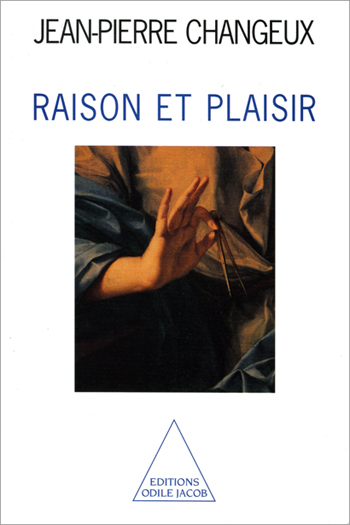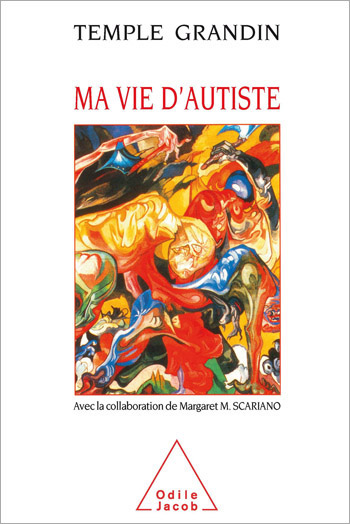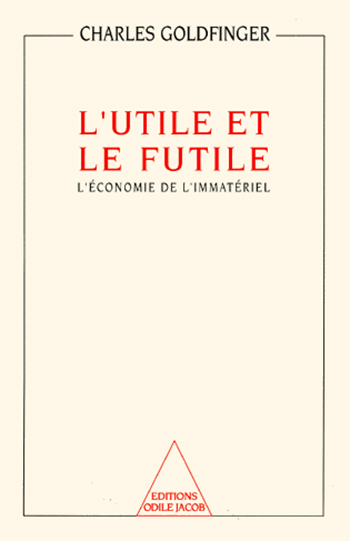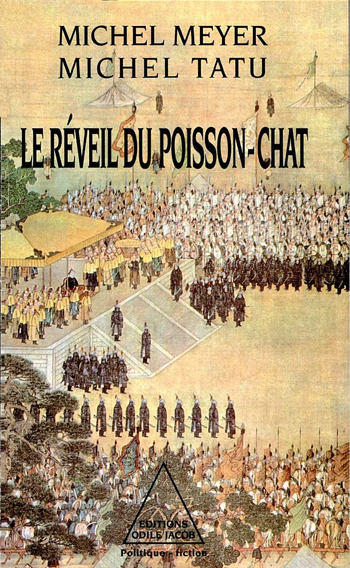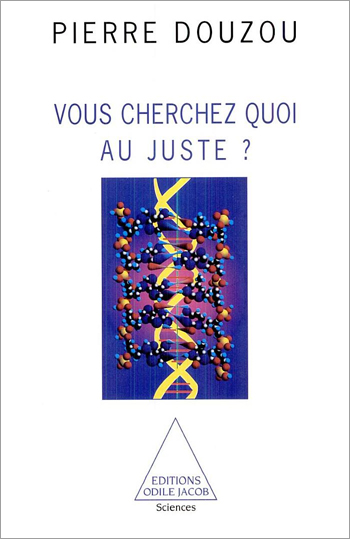Catalog All books

Jean-Didier Vincent
The Biology of Passions (New Edition)
"A fascinating book, which demonstrates that the ensemble of the brain, neurons, and synapses is literally immersed in a chemical sea. We must rid ourselves of the notion that the brain is a supercomputer." Le Figaro
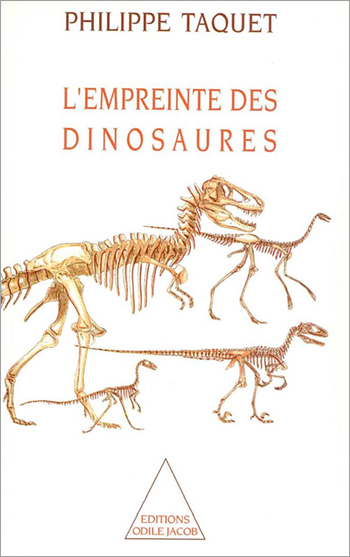
Philippe Taquet
The Imprint of Dinosaurs
"In 1964, my steps encountered the prints of dinosaurs and, ever since, my shoes have travelled extensively, from the Tenere desert to the Brazilian Sertao, from the Laos forest to the steppes of Mongolia; I was lucky to discover several dinosaurs and happy to share the life of many inhabitants of this planet, Tuaregs in Niger, Berbers from the Moroccan High-Atlas or winemakers from Corbières in France. By recounting these journeys in search of dinosaurs, I wish to draw the reader in a world that owes nothing to fiction but a lot to science." Philippe Tacquet
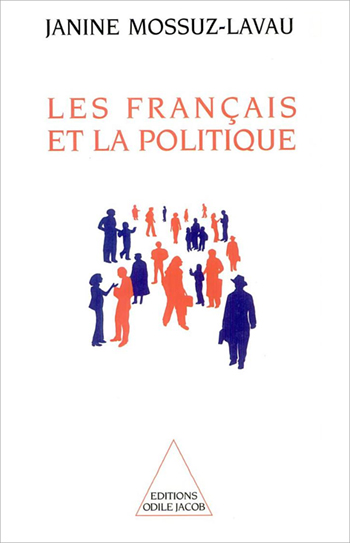
Janine Mossuz-Lavau
The French and Politics An Investigation of a Crisis
Are the French really discouraged and depoliticized? Janine Mossuz-Lavau decided to go into the field, to interview the people and give them a voice. What are they suffering from? What do they want? What do they believe in? These are the questions that she attempts to answer after having questioned men and women of all ages and social backgrounds, from all regions and personal affinities. Political analyst Janine Mossuz-Lavau is a Research Director at CNRS and the National Foundation of Political Science.
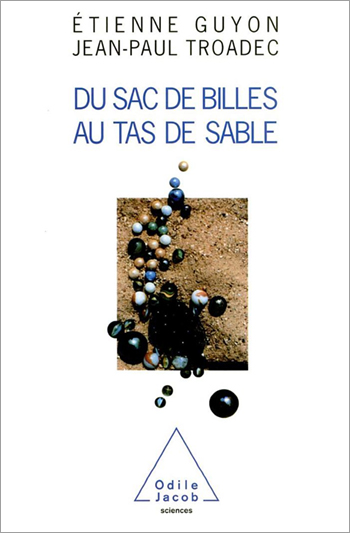
Étienne Guyon, Jean-Paul Troadec
From a Bag of Marbles to a Heap of Sand
Why don't sand dunes collapse? How does sand flow in an hourglass? How is it possible to empty a silo of all its wheat? What's a ceramic? The answer to all these questions can be found in the science of the complex organizations of matter, a science which is pluridisciplinary. Étienne Guyon, head of the École Normale Supérieure, and Jean-Paul Troadec, a researcher, present the characteristics of grain matter, the rules by which it is organized (in both crystal and fluid) as well as its movements (in silos as in avalanches).
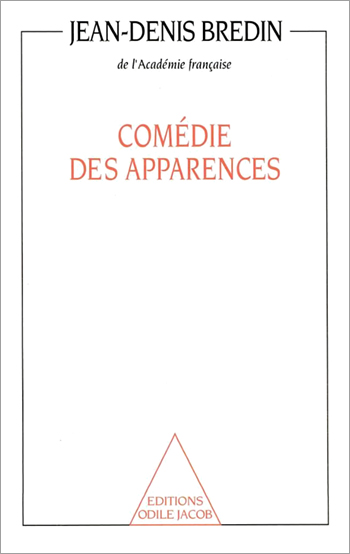
Jean-Denis Bredin
A Comedy of Appearance
A beautiful woman fascinated by her body, excludes herself from the world to love herself better... Two lovers tear each other apart after promising to always tell the truth to one another... Both cruel and funny, these short-stories describe the unease of a society, ours, which is dying of appearances, a society where everyone, man and woman, resembles what he she would like to be. Narcissism, lies, selfishness: the foundations of happiness are quite fragile nowadays. Through these acid portrayals, Jean-Denis Bredin, a lawyer and a writer, member of the French Academy, evokes a new era of suspicion.
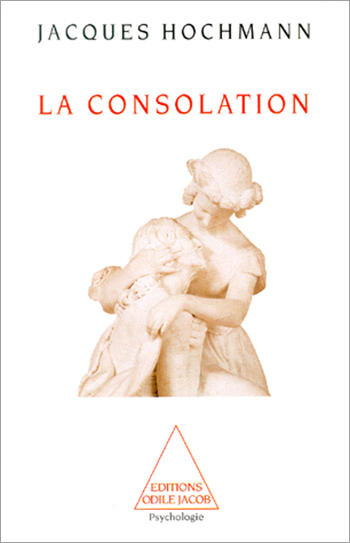
Jacques Hochmann
Consolation An Essay on Mental Care
This is the testimony of a psychiatrist who reconsiders some of the fundamental texts of his practice, of a psychoanalyst who reflects upon the role and the limits of hospitals and institutions, of a doctor who never ceased asking himself what curing madness meant.
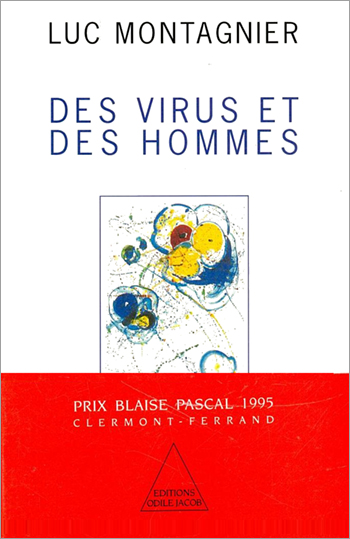
Luc Montagnier
Viruses and Man
Luc Montagnier is the person who, with his team of the Pasteur Institute, discovered in 1983 the virus responsible for AIDS. He tells about the research work which led him to this discovery. He sums up the knowledge we have of this virus, its origin and the way the disease develops. He gives the state of research today and his hopes.

Jean-Louis André
At the Heart of Urbanity
What should be done about neglected suburbs, the bedroom towns, dehumanized, and deregulated ? When we are faced with buildings in ruins, with wasteland and concrete deserts ? The answer is to stop trying to fix the obvious defects of these surburbs and instead concentrate on the heart of the town, in the common space, which must take on the changes made and symbolise an identity. Jean-Louis André, graduate of the Ecole normale supérieure, is a journalist. He has notably published with Ricardo Bofill, The Spaces of A Life.
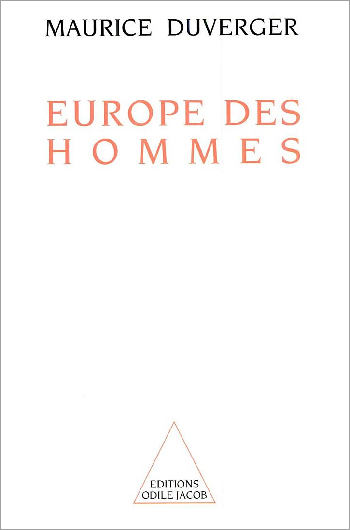
Maurice Duverger
Europe of Men
How is it possible to get many nations, separated by history, culture, political structures, to live together? If the European community functioned well with 6 members, in a mediocre way at 9, and at 12 members with difficulty, beyond, the E.E.C. will be ineffectual and paralyzed. One solution is available: to change the institutions. The author, a former member of the European Parliament, proposes here a new theory of federalism, the only way according to him, to progressively substitute to the power of the technocrats that of the members of Parliament and citizens.

